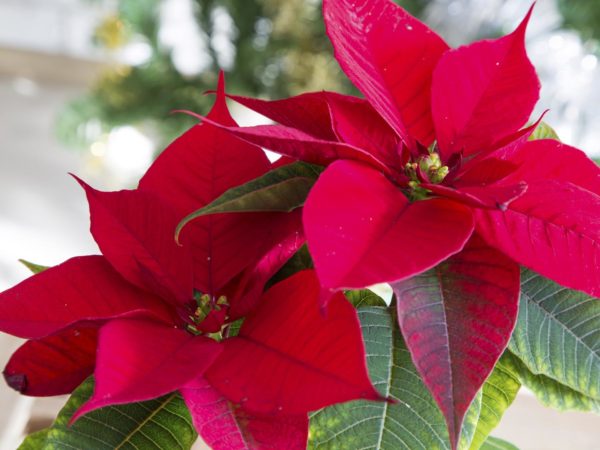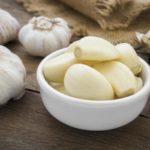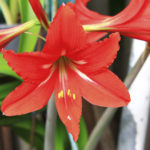Poisonous House Plants?
I’ve got a beautiful poinsettia left from the holidays. I’ve been warned that it is poisonous and reassured that it is not. Which is right?
Andrew Weil, M.D. | April 27, 2007

I’m glad you asked this question. I’m happy to set the record straight on poinsettias and to tell you about a useful and beautifully illustrated new book on the subject of poisonous plants that is an indispensable resource for hikers, gardeners, parents of small children, pet owners, veterinarians, and health care practitioners. The book, the second edition of the Handbook of Poisonous and Injurious Plants, is by Lewis Nelson, M.D. and Richard Shih, M.D., physicians who specialize in emergency medicine and medical toxicology and by Michael Balick, Ph.D., a noted ethnobotanist and tropical plant explorer I have known since my days at Harvard University.
Every year, some 2,500 people call poison control centers asking about poinsettias. Most of these calls concern Euphorbia pulcherrima, the plant we associate with Christmas. While some species of Euphorbia contain latex that is toxic (it can irritate your skin or give you an upset stomach), the familiar Christmas plant doesn’t contain strong toxins. If you eat enough leaves, you might vomit, but that’s the worst that would happen. Drs. Balick and Nelson told me that the undeserved reputation of the poinsettia comes from a single incident reported in Hawaii in 1919 – the two-year old son of an army officer stationed there was found dead after eating a poinsettia leaf. The death was mentioned in a book on poisonous plants in Hawaii written 25 years later by someone who had no first-hand knowledge of the case. From that slender thread of uncorroborated information, the myth of the poisonous poinsettia has flourished ever since.
When I talked to Drs. Balick and Nelson about your poinsettia question, I asked them to set the record straight about some other house plants that generate hundreds, if not thousands, of calls annually to poison control centers:
- Peace lily (Spathiphyllum spp.): These plants can be toxic if you try to eat any part of them. They contain calcium oxalate crystals, which will burn your lips and mouth and can cause swelling and blistering. The symptoms will go away without treatment (cool liquids may help relieve the burning sensation). Other familiar house plants containing calcium oxalate crystals that can cause the same symptoms are philodendron, devils ivy (or Pothos), and Dumbcane (Dieffenbachia seguine) also called Mother-in-Law’s Tongue.
- Jade plant (Crassula spp.): These plants contain a sap that can cause contact dermatitis – an itchy rash – but won’t hurt you if you ingest a leaf (if your child or pet eats a lot of leaves, be prudent and call your Poison Control Center).
- Other plants that cause a similar skin reaction include the rubber plant (Ficus elastica) and the Weeping Fig (Ficus benjamina).
I review concerns about common garden plants here.
Andrew Weil, M.D.









